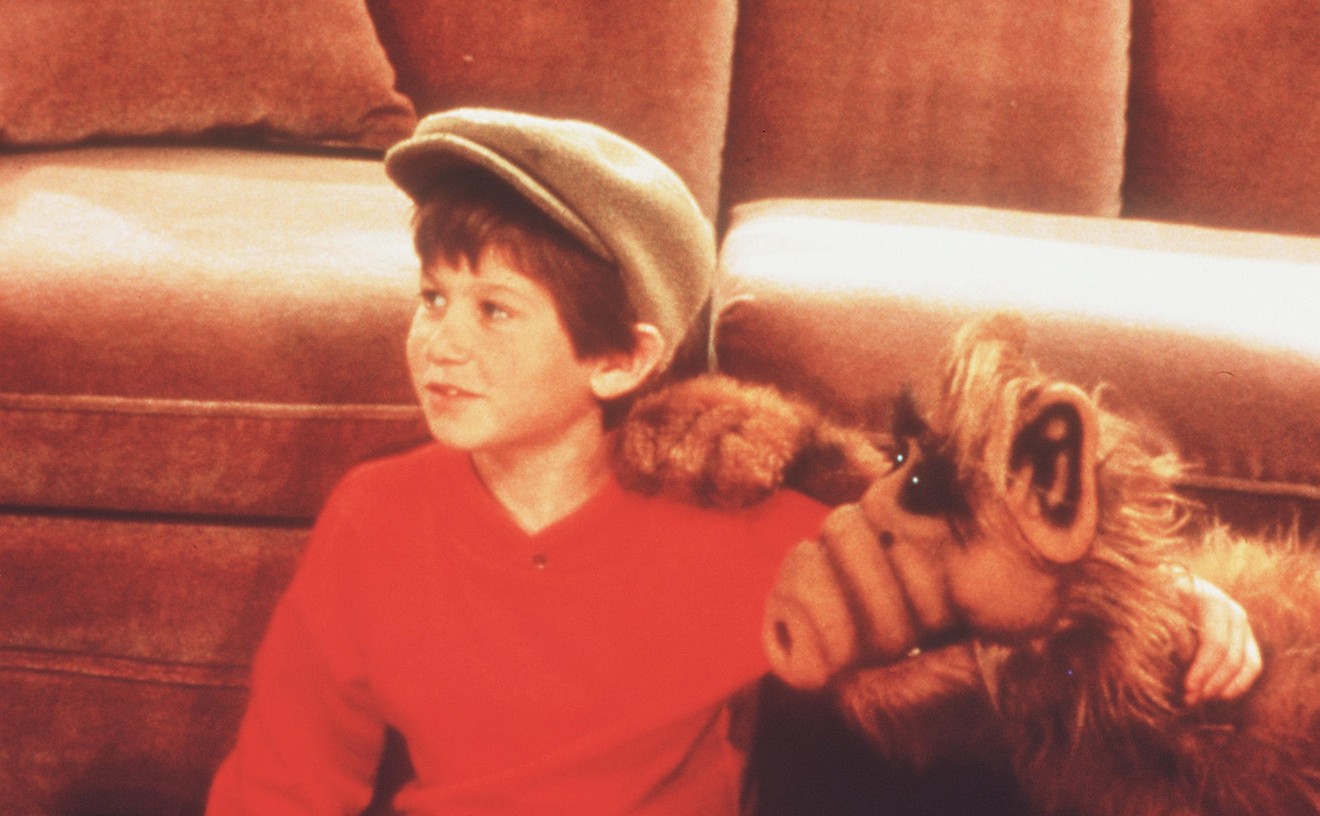“You’d have to ask a Caucasian about that,” the theater director Mark Clayton Southers said last week, about the death of critical thinking. “Because white theater has always benefited from theater critics writing about it, but Black theater has always been treated like a stepchild in that regard.”
He admitted he hadn’t given a lot of thought to social media’s impact on critical thinking and the arts. “Maybe because I do theater that tells Black stories, and a white critic can’t fully embrace those or report on them fully. I think I would have noticed less critical writing about theater if we’d had a lot of it to begin with.”
Southers is in town directing a production of Charles Fuller’s Pulitzer Prize-winning A Soldier’s Play for Black Theatre Troupe. A description of systemic racism during World War II, Fuller’s story is a morals tale about why we ask Black soldiers to fight for a country that oppresses them.
He admired the play’s beautiful dialogue, he said, but felt its best value was in the potential education it can provide.
“You get to see how the world turned back in the 1940s, stuff that isn’t taught in school. A lot of African-American history isn’t taught because of the brutality. Critical race theory isn’t taught in some schools. We see pictures of ‘White only’ water fountains, but if you didn’t live it, then you didn’t have that emotional experience.”
That’s what he and his cast, which includes local favorites Mike Traylor and Greg Lutz, are bringing this play (which opens February 4) to the stage. “I want to say how today, if you’re Black, you may not have a relative that got lynched, but you may have a relative that was murdered by the police. Things have changed, but they haven’t.”
Southers had directed Fuller’s play once before, about 12 years ago in Pittsburgh. “I had a community of performers to cast from, so I was able to use a lot of African Americans who weren’t actors, like spoken word artists, which was a great experience. I brought a guy from Pittsburgh to play the lead, and I’ve got a dynamite cast of local people.”
Southers hails from Pittsburgh’s Hill District, as does August Wilson, who mentored Southers when he was just starting out.
“I met August in 1998. I was working as an actor, and he taught a master class in playwrighting. He taught me how, as a playwright, to source material and how to make it work.”
Five years later, Southers launched Pittsburgh Playwrights Theatre Company, where he’s produced 160 full length and one-act plays, many by new local playwrights. PPT has presented Wilson’s complete ten-play Pittsburgh Century Cycle. Up until that time, he’d worked 18 years in local steel mills.
“I came from no training whatsoever in theater,” he admitted. “I walked away from the steel mills cold turkey to write plays and promote other playwrights. August had inspired me to learn how to be excellent at everything, and if you can’t be excellent and you’re just being good, that’s okay. Because good can be good enough.”
Southers has directed nine of Wilson's Pittsburgh Cycle plays in 14 separate productions across the United States and said he’s the only playwright who worked security at Wilson’s funeral.
“August wrote his own funeral and he had very specific instructions,” Southers explained. “He told me he wanted no pictures at his funeral. His wife hired me to do security, and I called a bunch of actors and said, ‘We’re gonna go down and act, and what we’re acting is we’re security guards.’”
Afterward, Wilson’s widow asked Southers to send her a bill for the security detail. “I had to explain that there was no security, just a bunch of actors playing security guards. That was a very unusual conversation.”
Although theater has taken multiple hits during the pandemic shutdown, Southers had found a silver lining.
“Last season, to be safe for audiences, we switched from presenting plays on stage to presenting them on film. I think it was a plus to be pushed into film. I wouldn’t have learned it otherwise. And as awful as it that people are dying, I see that all kind of stories will come out of this tragedy.”
Then again, Southers thought it unlikely that anti-vaxxers who contributed to the plague would one day go see a play about COVID.
“We never get people in the seats who need to hear the play’s message,” he said. “You do a play about racism and you’re not going to have racists in the audiences, seeing what they’ve done wrong. That’s just how that always goes, in the theater.”
[
{
"name": "Air - MediumRectangle - Inline Content - Mobile Display Size",
"component": "18478561",
"insertPoint": "2",
"requiredCountToDisplay": "2",
"watchElement": ".fdn-content-body",
"astAdList": [
{
"adType": "rectangle",
"displayTargets": "mobile"
}
]
},{
"name": "Editor Picks",
"component": "16759093",
"insertPoint": "4",
"requiredCountToDisplay": "1",
"watchElement": ".fdn-content-body",
"astAdList": [
{
"adType": "rectangle",
"displayTargets": "desktop|tablet"
},{
"adType": "rectangle",
"displayTargets": "desktop|tablet|mobile"
}
]
},{
"name": "Inline Links",
"component": "17980324",
"insertPoint": "8th",
"startingPoint": 8,
"requiredCountToDisplay": "7",
"maxInsertions": 25
},{
"name": "Air - MediumRectangle - Combo - Inline Content",
"component": "16759092",
"insertPoint": "8th",
"startingPoint": 8,
"requiredCountToDisplay": "7",
"maxInsertions": 25,
"watchElement": ".fdn-content-body",
"astAdList": [
{
"adType": "rectangle",
"displayTargets": "desktop|tablet"
},{
"adType": "rectangle",
"displayTargets": "desktop|tablet|mobile"
}
]
},{
"name": "Inline Links",
"component": "17980324",
"insertPoint": "8th",
"startingPoint": 12,
"requiredCountToDisplay": "11",
"maxInsertions": 24
},{
"name": "Air - Leaderboard Tower - Combo - Inline Content",
"component": "16759094",
"insertPoint": "8th",
"startingPoint": 12,
"requiredCountToDisplay": "11",
"maxInsertions": 24,
"watchElement": ".fdn-content-body",
"astAdList": [
{
"adType": "leaderboardInlineContent",
"displayTargets": "desktop|tablet"
},{
"adType": "tower",
"displayTargets": "mobile"
}
]
}
]











